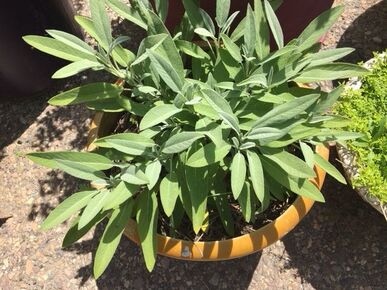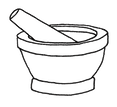 Are you having trouble sticking to your New Year’s resolutions? Or just having trouble staying focused on your work or goals? A group of herbs, called nootropics, may be able to help. What are nootropics? Nootropics (pronounced no-o-trow-pic) are substances–natural or synthetic–which improve cognitive functions, such as learning, attention, and memory. You may have seen them referred to as “smart drugs” in popular media. These substances can support healthy brain function through multiple mechanisms, including:
Certain pharmaceuticals can be nootropic, which may in some cases be deemed appropriate by your doctor. Some herbs, however, are also nootropic, and these are often safe and appropriate for most people. You have likely already used a well known plant-derived nootropic–caffeine! There is a long history of intentionally using herbs to enhance cognition across various cultures. The ancient Indian medical system of Ayurveda has been using herbs known as Medhya Rasayanas, such as gotu kola (Centella asiatica) and bacopa (Bacopa monnieri), to support memory and intellect since 6,000BC [1]. Lion’s mane and reishi mushrooms have been used in traditional Chinese medicine (TCM) to help maintain cognitive function and address mild memory problems associated with aging for almost 5,000 years [1]. We also see herbs used in this way in ancient Arabian, Egyptian, and Sumerian medical texts, to name just a few more [1]. How are nootropics used? While you may see a lot of hype about nootropic substances among people focused on endlessly increasing productivity, we caution you to reserve nootropic herbs for only those times that you really need them. They are best used situationally when you are most in need of mental focus, such as before a big exam, presentation, or deadline. They can also be used when experiencing occasional “brain fog” that impacts our ability to perform at our best. When using nootropic herbs to increase cognition or productivity above your healthy baseline, we do not advise prolonged uninterrupted use. Our brains, like our bodies (or rather, as part of our bodies), need periods of rest. We are not meant to be continuously maximizing our cognition and productivity, despite what capitalism might have us believe. Nootropic herbs are most effective when used cyclically, allowing for rest between “pushes” of productivity or cognition. Which herbs are nootropic?
Beyond nootropics Nootropics are not the only herbs that can support your cognition and productivity. Let us not forget the foundational pillars of health–nutrition, exercise, relaxation, sleep–which set the stage for optimum mental performance. While it may be tempting to use nootropics to make up for a deficit in these areas, they can only get you so far. We all know that our brains can be tired or foggy after the occasional poor night’s sleep. Relaxing nervine and gentle sedative herbs, such as valerian, chamomile, passionflower, and skullcap, can help ensure a good night’s rest and fresh mind the next day. Being in a constant state of heightened stress can also impair attention and cognition. Nervines and adaptogens can modulate your body’s stress response so you can be more clear headed and focused. Using nervine and adaptogen herbs to support healthy sleep and relaxation will allow nootropic herbs to more effectively enhance your cognition when you need it most. By Jennifer Porter, clinical herbalist at Railyard. Jennie believes in the medicinal power of plants to help restore balance to our bodies and minds. As a clinical herbalist, she helps clients use food, plants and lifestyle shifts to move toward their health goals. In her experience, healing begins in a safe, non-judgmental space, and she welcomes clients of all ages and identities to explore how plants can support their wellbeing. Whatever your needs may be – preventative, acute, or chronic - she will create individualized recommendations and formulas that reflect your unique experience, goals, and lifestyle. References
[1] Cristina Lorca, María Mulet, Catalina Arévalo-Caro, M. Ángeles Sanchez, Ainhoa Perez, María Perrino, Anna Bach-Faig, Alicia Aguilar-Martínez, Elisabet Vilella, Xavier Gallart-Palau & Aida Serra (2023) Plant-derived nootropics and human cognition: A systematic review, Critical Reviews in Food Science and Nutrition, 63:22, 5521-5545, DOI: 10.1080/10408398.2021.2021137 [2] Malík, Matěj, and Pavel Tlustoš. 2023. "Nootropic Herbs, Shrubs, and Trees as Potential Cognitive Enhancers" Plants 12, no. 6: 1364. https://doi.org/10.3390/plants12061364 [3] Docherty, Sarah, Faye L. Doughty, and Ellen F. Smith. 2023. "The Acute and Chronic Effects of Lion’s Mane Mushroom Supplementation on Cognitive Function, Stress and Mood in Young Adults: A Double-Blind, Parallel Groups, Pilot Study" Nutrients 15, no. 22: 4842. https://doi.org/10.3390/nu15224842
0 Comments
|
Details
RAILYARDCheck in here to keep updated on news and activities at the apothecary. Archives
April 2024
Categories
All
|
railyard apothecary
*These statements have not been evaluated by the Food and Drug Administration. This product is not intended to diagnose, treat, cure, or prevent any disease. For educational purposes only.
|
|

 RSS Feed
RSS Feed
